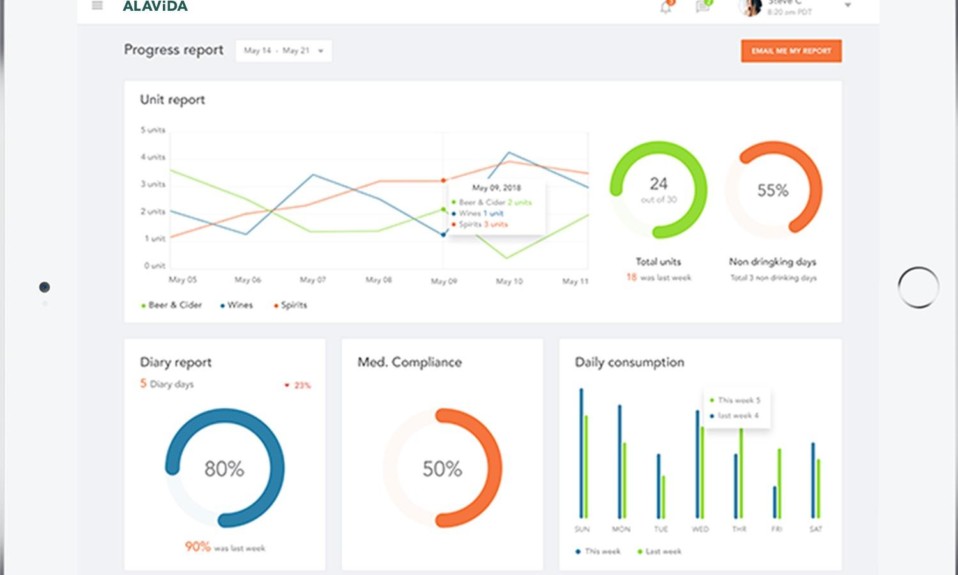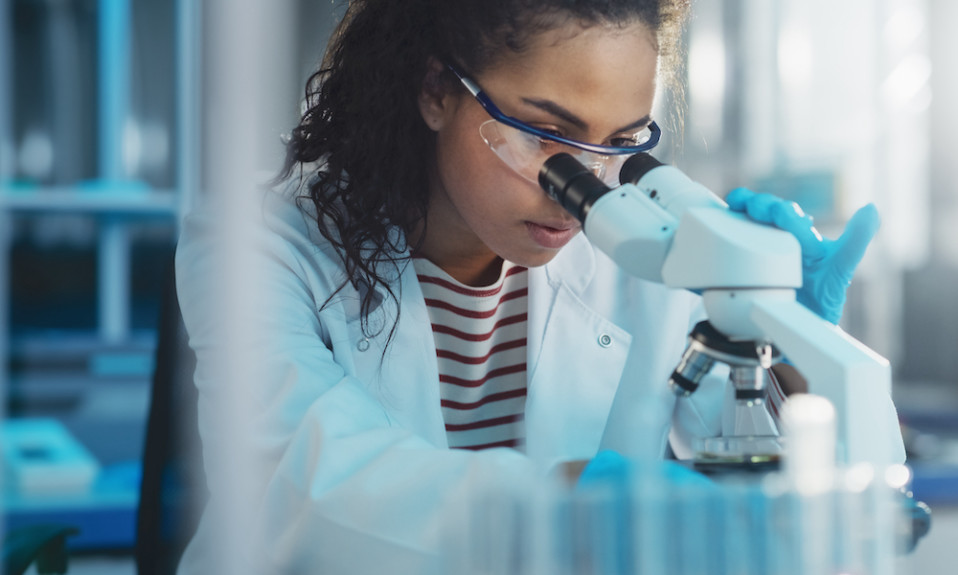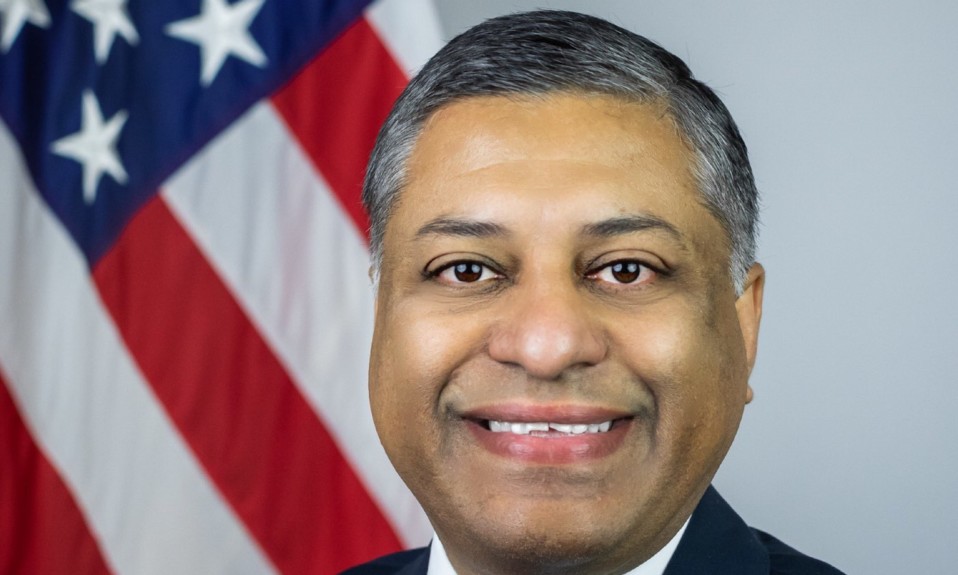This one-year online treatment program combines tech, medication and therapy to help participants manage consumption—without having to go cold turkey
By Jason Langendorf
October 8, 2020
Mitch distinctly remembers the moment he knew it was time to change his drinking habits.
“It was the day after a friend’s wedding,” he says. “I drank too much—way too much. It ruined that evening, the next day. I hadn’t seen my kids in a couple days, and now I was irritable, just no fun to be around.”
This was part of a larger routine Mitch had fallen into. Two or three times a week, he would have a couple drinks too many. He would linger a little too long at the party. Overdo it a bit at home. So a few years back, he decided to quit. No big deal, he thought. Mitch had never considered himself an alcoholic—never felt that he needed a drink.
“The idea with the program is not necessarily to go cold turkey, be completely abstinent. And that was never my goal. But that’s about where I got to. I’m happy with that. I got exactly what I wanted. It’s changed my life.”—Mitch, ALAViDA tech user
He worked at it and started living alcohol-free. But Mitch’s newfound sobriety changed the dynamics at work, and he found himself facing unexpected challenges to his newfound abstinence.
Part of his job was to show clients a good time at hockey games, restaurants and corporate events. He stopped getting invited to those outings. That wasn’t good for business. And there was this: He enjoyed unwinding with a few beers now and then. Mitch missed it.
So after a year of sobriety, he decided he could handle the occasional social drink. “But then I was noticing I would have a problem once a week, or once every two weeks,” Mitch says. “I would think to myself, I can have a beer now. Then I’d have 5. Then I’d be out on the patio smoking—and I don’t even smoke! And I’m like, ‘What are you doing?’”
How It Works
That’s when Mitch spotted an Instagram ad promoting a program called ALAViDA. Combining therapy, medication and a flexible, user-friendly platform, ALAViDA is designed to aid patients in curbing their consumption. That’s a key distinction from many other treatment programs: ALAViDA does not require detox or abstinence, whether it be from alcohol (in the case of most program patients) or another substance. There is no expectation for a participant to quit, no judgment for an outcome short of total sobriety.
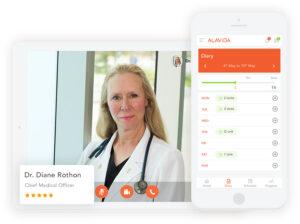
“I would say it is technology with a human touch,” Diane A. Rothon, M.D., medical director at ALAViDA told TreatmentMagazine.com. “We deliver a unique on-the-go experience developed by health professionals and delivered by technology. This balance between technology and the human aspect in both our focus [client] and core [care team, values] is what really makes us unique.”
Clients in the ALAViDA program are assessed and assigned a personalized treatment plan that typically includes self-guided coaching, tracking tools, internet-based cognitive behavioral therapy, secure video conferencing, support for loved ones and prescribed medications (such as naltrexone, acamprosate and gabapentin) that block certain brain receptors and/or manage impulses.
“We deliver a unique on-the-go experience developed by health professionals and delivered by technology. This balance between technology and the human aspect…is what really makes us unique.”—Diane A. Rothon, M.D., medical director at ALAViDA
ALAViDA describes the program as a “one-stop-shop support system,” and its user platform can be accessed through a computer, tablet or smartphone—remotely and confidentially. Rothon says its tech platform makes the treatment journey “more personalized and easily accessible even to people who are not technologically experienced.”
Medication and Therapy
More than one program participant spoken to for this story mentioned the importance of the medication element in managing cravings. But Mitch says the aspects of the program that helped him most were therapy—which often simply meant devising a plan he could stick to on the nights he would drink—and being held accountable by an ALAViDA caseworker. He valued the privacy and accessibility baked into the program’s technology.
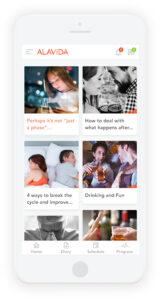
Mitch’s drinking steadily decreased throughout the standard one-year ALAViDA treatment plan. His friends never noticed—and he preferred it that way. But his family was now getting his best self on a regular basis. In the past, Mitch estimates he could count on one bad hangover a week. Since starting his ALAViDA treatment plan in January 2019, he says he’s had two overall.
“And it’s been sustainable,” Mitch says. “I just feel like I’m in a totally different place with respect to what I want to do. I used to instantly think: Well, tomorrow is a write-off because I’m opening up a beer. But I haven’t had to change my friends, haven’t had to change my behaviors that much.
“The idea with the program is not necessarily to go cold turkey, be completely abstinent. And that was never my goal. But that’s about where I got to. I’m happy with that. I got exactly what I wanted. It’s changed my life.”


